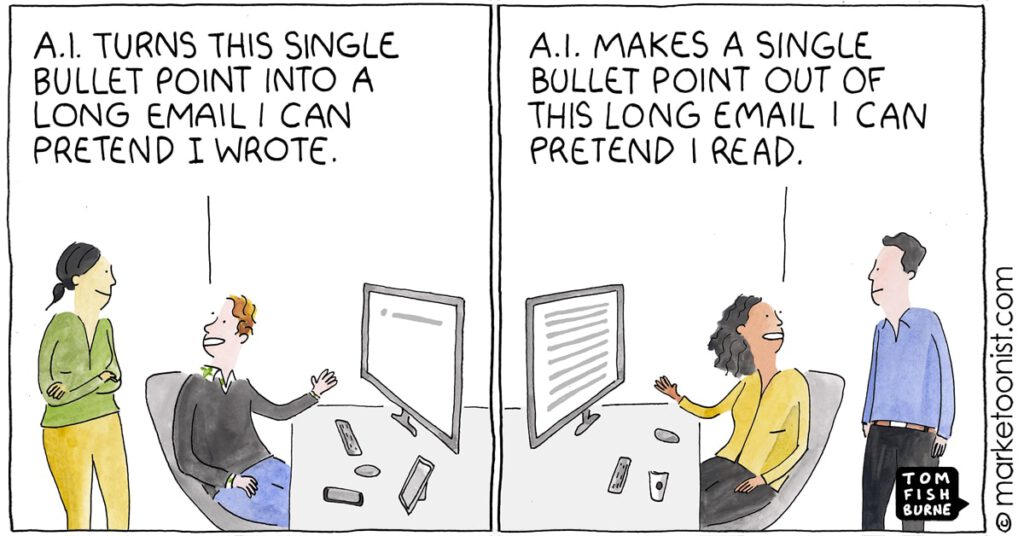I recently turned 49 years old, and for my birthday my wife got me a gift (as suggested by Robert) that a 9-year-old would love — the Miyoo Mini Plus. It’s fantastic.

In short, it’s a handheld video game system (not unlike a Game Boy), and it has the ability to play virtually all of the video games from the past. It takes some work to get it set up, as it doesn’t come with any games preloaded, but once it’s set it’s a fantastic little device.
You can’t tell from the photo above, but the screen fills virtually all of the space at the top, with very small bezels. It’s a small device, but they make great use of the space. Here’s a photo with a game loaded so you can see how well they utilize the space at the top.

As I mentioned above, it takes a bit of work to get things set up. It’s not particularly difficult, but it’ll take an hour or two to get it set up like I have it. In my case, I’ve loaded it up with games from the Nintendo Game Boy, the NES, SNES, Genesis, Game Gear, PlayStation, and a few others. I literally have thousands of games in there. The battery (charged via USB-C) will last about 7 hours, and it all runs very smoothly.
This video is an excellent walk-through on how to load everything up:
It’s not a perfect device, but for just over $60 it’s an incredible deal. Offhand, I can’t think of another electronic device for $60 that has nearly this kind of value. If you’re into retro gaming at all, I encourage you to check it out.
